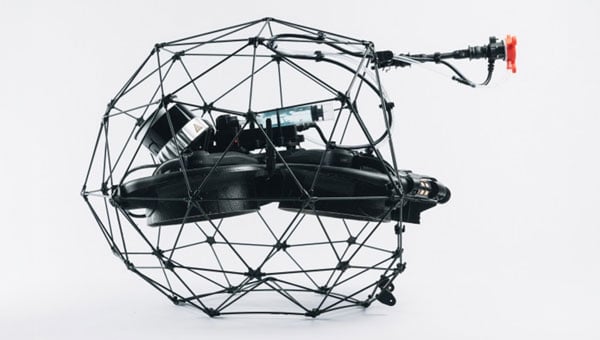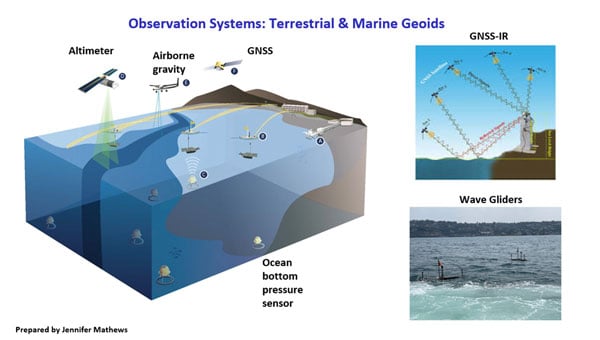Freemium Model for in-Vehicle LBS

Cloud-based infotainment, more tightly integrated apps, and more personalized offerings will change the in-vehicle mobile experience. Interfaces will morph towards combinations of heads-up displays and voice. These were some of the conclusions from my December 1 webinar “Car as a Mobile LBS Device,” with panelists from Ford, OnStar, Pioneer and TomTom. How in-vehicle apps will be monetized is an open question. When polled, almost half of the webinar audience believed a “freemium” model will prevail. Freemium models work by offering a product or service free of charge while charging a premium for advanced features.
Close to a third of the webinar participants believed that LBS apps will come as “standard equipment” on new vehicles. Many see mobile advertising as adding a significant revenue stream if the advertising is truly contextual and continues to serve up offerings that are useful to a consumer. Obtaining contextual marketing data about consumers must be done with prudence, but more about that later. The carriers and service providers such as Facebook and Google stand to make the most money from in-vehicle apps.
Carrier Low IQ. Mobile contextual advertising needs consumer behavior data to work. The behavior data are highly sought because of their value to advertisers. If you haven’t been paying attention, Carrier IQ allegedly has been illegally and secretly recording individual cell-phone user behavior, including location data, across more than 140 million handsets. Carrier IQ maintains that its services count and measure operational information and do not record keystrokes or provide tracking tools.
Who raised their hands? AT&T, Sprint and T-Mobile admitted to using Carrier IQ. Apple said it stopped using Carrier IQ in the latest version of its operating system, iOS 5. Across the board, the companies insist that they only used information to track operational and network performance issues. Security researcher Trevor Eckhart has released a report detailing how Carrier IQ’s software could be used by carriers and device makers to track user activity, actual keystrokes and location data. Now comes renewed scrutiny of the industry by Congress, federal agencies and consumers.
Checked-out? Facebook consumed Gowalla in an acquisition of the location-enabled mobile social network. Gowalla’s users check in at specific places to share their location with friends. Unable to compete with Foursquare, the Gowalla service will be shuttered by Facebook; however, employees will be kept on, presumably to work on the new Facebook Timeline chronological interface. JWire, a media company, reported results of a survey that sheds light on the category. Consumers are split on their feelings towards location-enabled mobile social networks. A little over a third of respondents indicated positive feelings toward it. Just as many had a poor opinion of it, with the rest ambivalent. Males are more likely to use the service and the most popular check-in categories are restaurants, hotels, bars and health clubs.
Let There Be Light? Resolution of the LightSquared GPS interference issue eludes. The LTE provider has moved quickly to make added concessions following new reports of GPS interference based on LightSquared’s already previously revised deployment plans. LightSquared’s newest concessions include limiting or delaying transmission power increase. This comes on the heels of reports from a key government committee that LightSquared’s network affects a “majority” of general-purpose GPS receivers and technology used to land planes, but doesn’t appear to have a significant impact on cell phones. “LightSquared signals caused harmful interference to the majority of other tested general-purpose GPS receivers,” said Anthony Russo, director of the National Coordination Office for Space-Based Positioning, Navigation and Timing (PNT) in a statement last week. The federal advisory committee examined tests of LightSquared’s revised deployment plan, which moved transmissions into airwaves located farther away from GPS bands. LightSquared had asserted this would solve the majority of issues with GPS interference, but that isn’t supported by early tests. The final analysis of the tests by the PNT committee is still underway.
















Follow Us